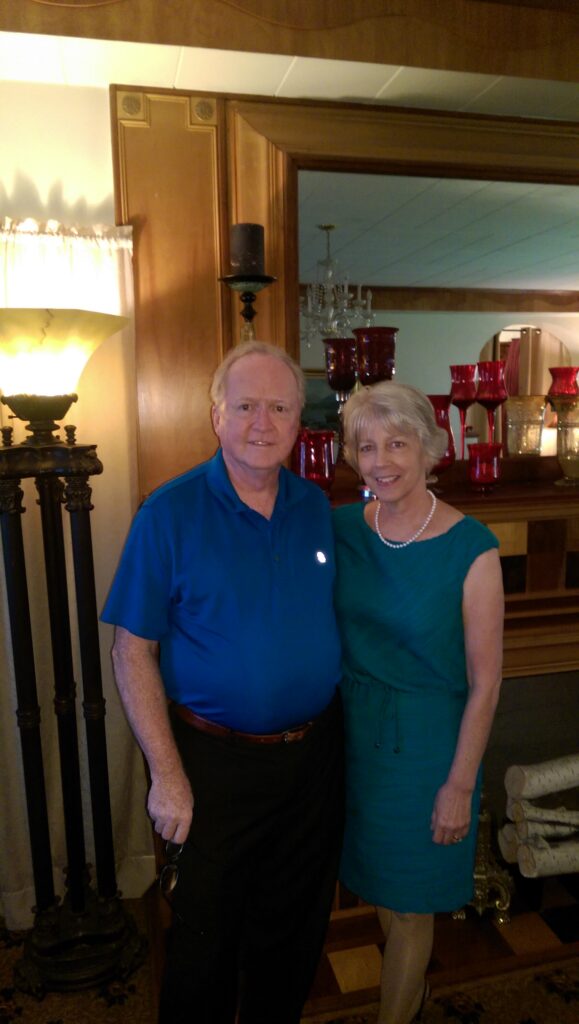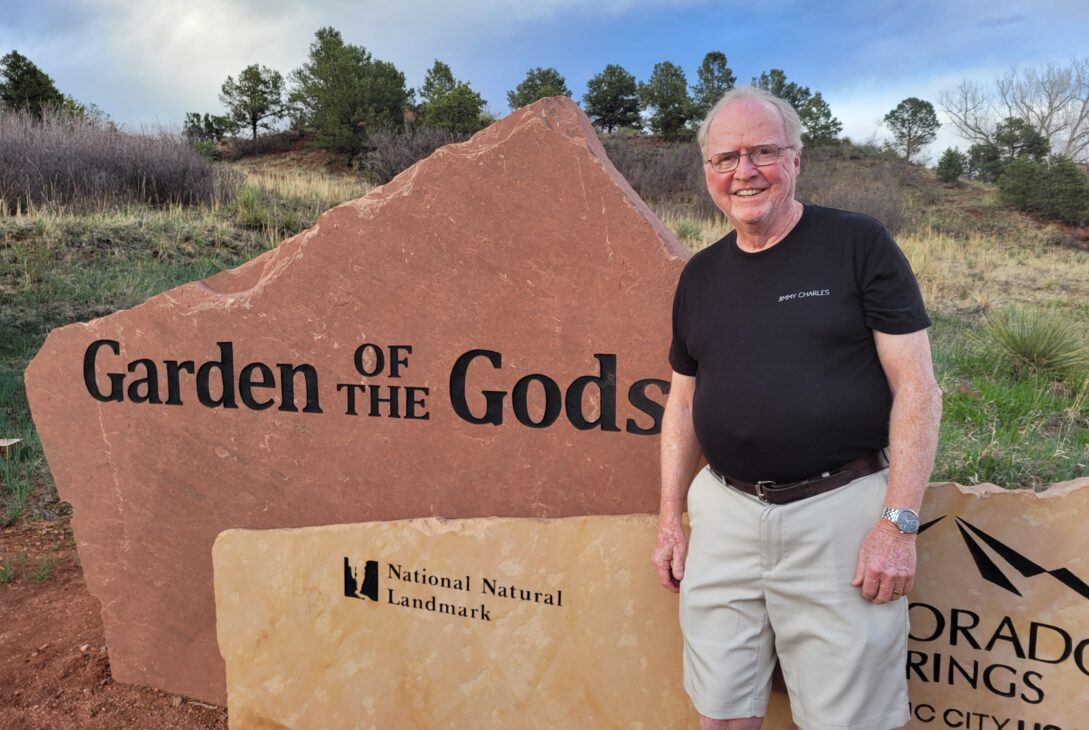Q: When and how were you diagnosed?
I was originally diagnosed with prostate cancer (PCa) in May of 2012 after a routine PSA test at my annual physical showed a rising trend, and I thought it was in remission. Nine years later in January 2021 it returned as metastatic prostate cancer (mPCa).
Q: What were your symptoms?
There were no symptoms at the time of original diagnosis, and no symptoms leading up to the new diagnosis as it had been nine years since the original. It just came back out of the blue. My annual PSA test done by my primary care physician showed it the first time, and it had showed my PSA as rising again before the second diagnosis, the sign of active PCa disease.
Q: Was it difficult to get diagnosed? Did you have to see several specialists, or was it a smooth process?
The first time, after the PSA test, I got a biopsy by a urologist that confirmed I had an aggressive form of PCa. I had a Gleason Score of 8 out of possible 10. Bad news. Very scary. It was not difficult to get my diagnosis the second time as I knew that a rising PSA was a sure sign that I had an active case of PCa, again, only this time it was metastatic (mPCa). I ended up seeing two specialists, one urologist and one radiation oncologist.
Q: What were your thoughts when you learned you had cancer?
When I found out I had PCa the first time, I said, “Oh Crap!” because I knew it could be bad news. My best friend had PCa that was metastatic, and he assured me his days were numbered. I was determined to get the best possible treatment that did not involve surgery. When it came back as metastatic, my first thought was,
“Oh Shit, it’s back and I’m not happy about it. Now I have to get serious, again, about treatment. I will probably die of this round of mPCa. I’m thinking I have about six years left on this earth.”
Q: What was your treatment plan and what were the results?
After consulting many sources such as the internet, my friend with PCa, doctors, men with PCa, and God, I decided to use proton radiation therapy for my initial treatment. It took nine weeks and 45 sessions of treatment to complete. Since I was in treatment for less than an hour per day, but had to get treated five days per week, that left me with 23 hours per day to do what I wanted. It ended up being what we called “Radiation Vacation” as we toured wineries, museums, art galleries, restaurants, and festivals for an entire summer. When the treatment was finished, I asked the radiation oncologist who treated me if I had PCa or not, and when he said I didn’t, I was ecstatic.
With radiation there is no definitive moment you know it’s gone, so there was always a question in my mind as to whether or not the proton therapy worked. It did! Years later, during my second bout of PCa (this time metastatic), while I was going to a civilian urologist for my PSA tests at the time, I knew I had to make a change and use of my VA benefits (I am a veteran.). So I decided to see the staff at the local VA Med Center. They gave me more extensive tests to confirm that the PCa was metastatic. They put me on a regime of female hormones, both pills and shots, and some steroids.

This is standard treatment for mPCa. It reduces testosterone to as close to zero as they can make it, so the mPCa has no testosterone to metabolize and grow. It is called “chemical castration.” It does not “cure” the mPCa, but, rather, it controls the metastatic growth of the mPCa and gives me a few years of good, robust life before that process stops working. As Woody Allen once said, “I want to live forever……So far, so good.” That’s me.
Q: Who had supported you through this journey?
My loving wife mostly, who has been my main caretaker during my treatment journey. She had breast cancer in the past, so she knew a lot about what I was going through. As well as many prayer warriors…hundreds of people praying for my recovery (which helped a lot) and other men with PCa.
Q: What coping techniques have you found most helpful?
As for coping techniques, prayer is number one. My relationship with God is first and foremost, as I will meet Him someday and I want Him to be happy for me when I get to meet Him. Allowing Him to lead me through negative thoughts. Number two is having and maintaining a strong and loving relationship with my wife. Three is making sure I talk to others about my mPCa. I highly recommend support groups, as other men with PCa can tell you so much about dealing with your illness, even more than some of the doctors. Four is learning as much as I can through books, internet, magazine articles, medical journals, and just learning and talking to people about it. I don’t want to hide it. That will kill me.
“Spread the word that cancer is a word. It is not a sentence.”
Q: If you just met someone newly diagnosed, what is the one thing that you think would be most important to tell them? Any words of wisdom?
To a newly diagnosed man with PCa, I would tell him that cancer is a word, not a sentence. Then I would tell him to get a minimum of two second opinions, maybe even three. Doctors make mistakes, some even lie. Don’t be blinded by their white coats. Then once you are convinced that you have the right doctor to treat you, go all in with what he or she tells you. Your life depends on it. Don’t try to doctor yourself. Let the pro’s do it. Also, I would recommend finding a good support group to join and attending is golden. Do it.
Q: What are your hopes for the future?
My hope for the future is that I will never see PCa again, but it is known to return in some men. With the time I have left, I make sure I tell everyone I love, that I love them, many times. Another hope is that, against all odds, someone will figure out a way to stop mPCa from growing out of control and ending people’s lives. May God bless us all.
Editor’s Note: Get Involved
Cancer doesn’t discriminate. WHATNEXT and its partners are interested in amplifying the voices of those from all identities and backgrounds. If you have a cancer journey to share, reach out here to learn more about how your voice can help spread awareness and inspire individuals from all walks of life.
metastatic prostate cancer patient stories prostate cancer
Last modified: December 6, 2024











